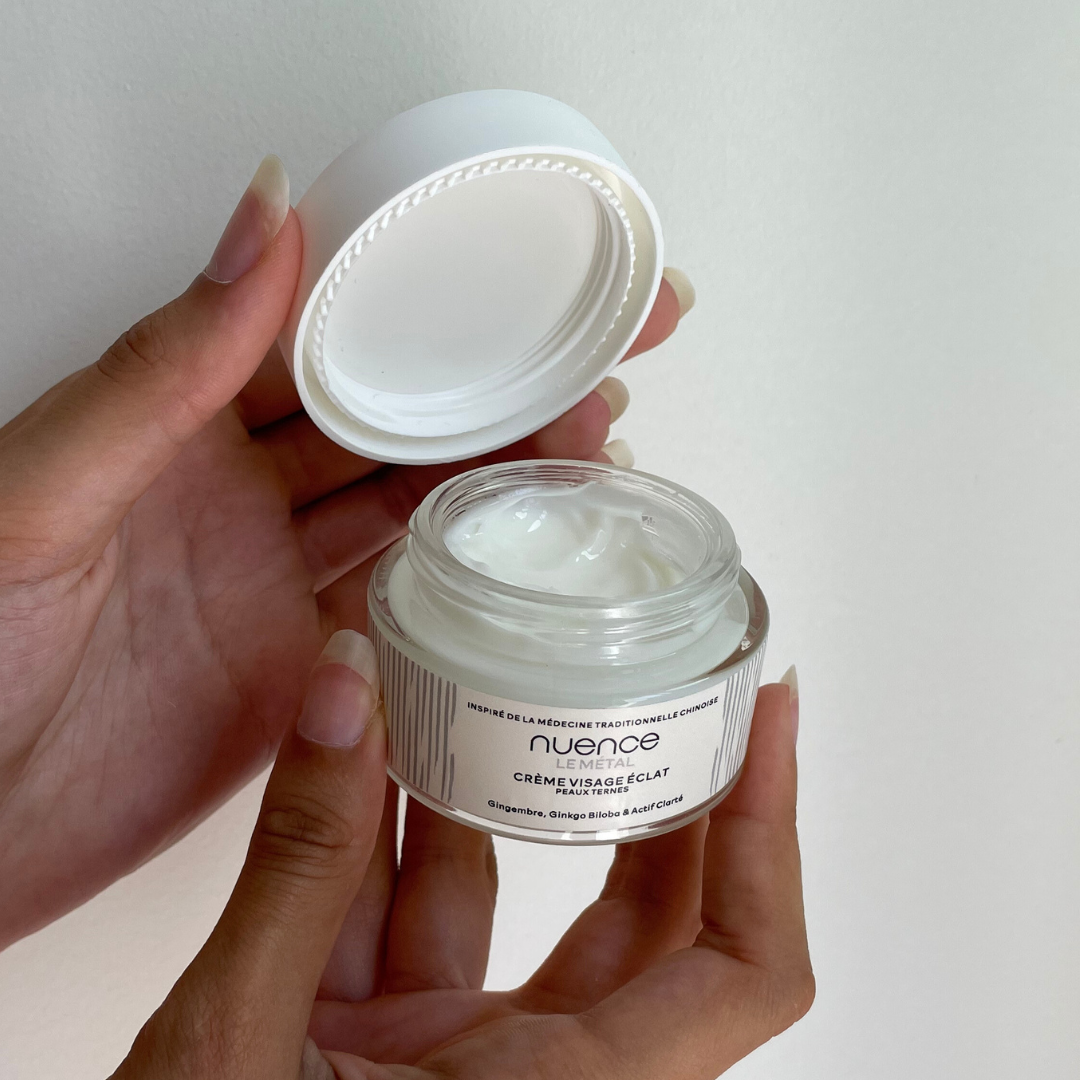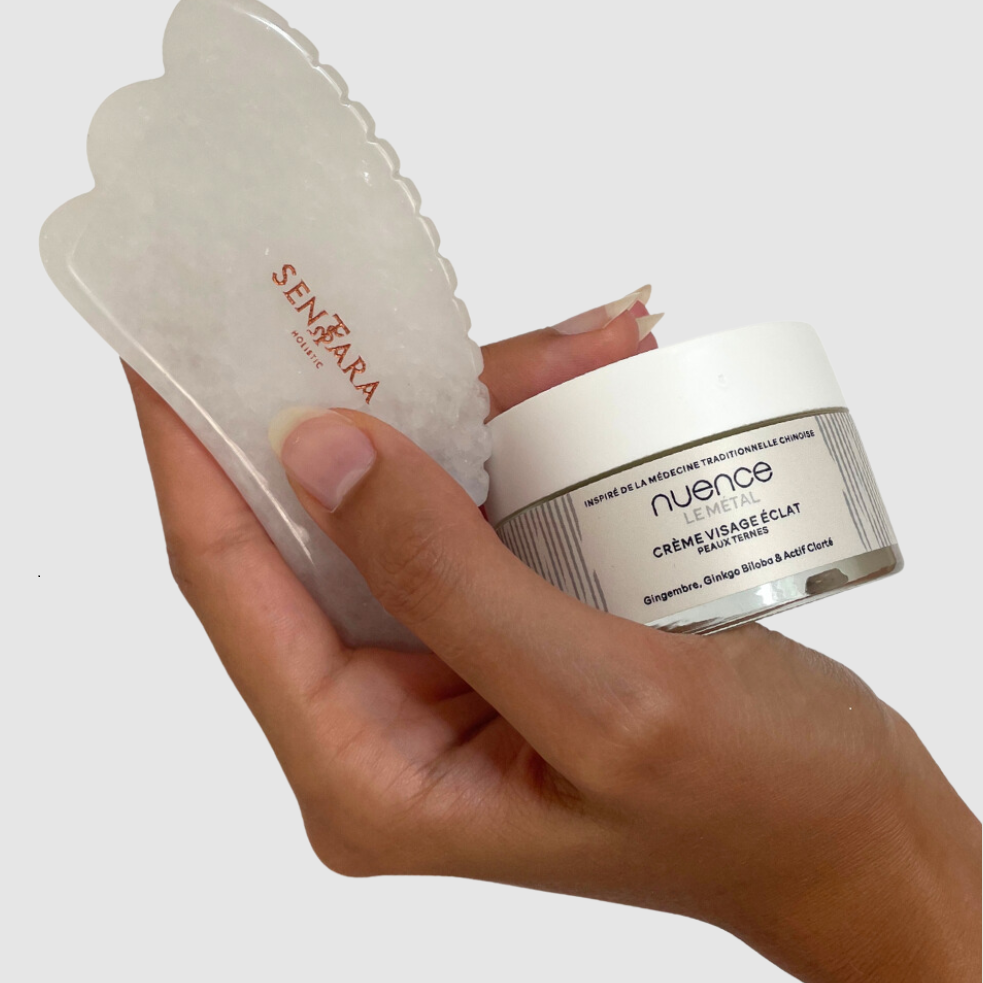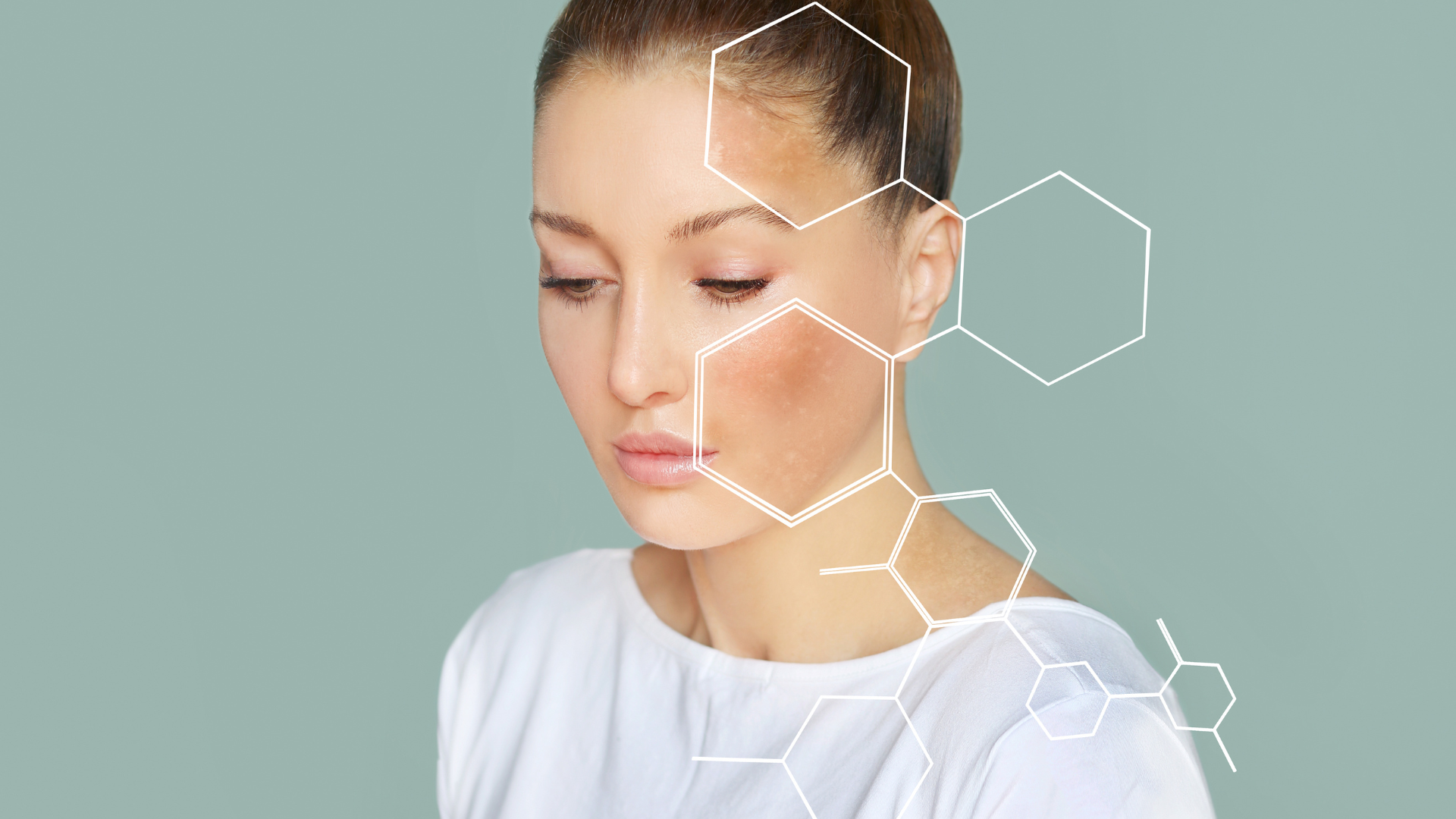Introduction
In a world where health has become a central concern, more and more people are turning to alternative medicine to complement their approach to wellness. These unconventional practices offer natural , personalized, and holistic solutions to improve quality of life.
In this article, the Nuence-MTC team has chosen to shine a spotlight on naturopathy, a discipline that the World Health Organization (WHO) classifies as a traditional medicine, alongside Chinese medicine and Ayurveda. Indeed, it is based on natural and holistic principles that have existed for centuries. Although naturopathy is not specific to a single culture or civilization, It is based on ancestral practices such as nutrition, stress management and the use of medicinal plants. It is organized around three essential pillars: a healthy and adapted diet (bromatology), regular physical activity, and good psycho-emotional hygiene, essential for the overall balance of each person.
It is important to remember that these traditional medicines are not a substitute for conventional medicine, but rather a complement. They can accompany medical treatments, help prevent certain disorders, and promote better overall balance, but they never replace essential medical monitoring, particularly in cases of serious illness.
Definition
Training
In some countries, naturopaths are authorized to make diagnoses, order analyses and tests (x-rays, blood or urine tests, etc.), prescribe treatments, provide care, and refer patients to specialist doctors. (South Africa, Germany, Australia, Belgium, Great Britain, Ireland, Israel, Norway, Switzerland, etc.). In France, naturopathy schools are not supervised by the Ministry of Health . They are few in number and train naturopaths. which adhere to a code of ethics for naturopathy. This is particularly the case for schools affiliated with AFNAT “Alliance for Professional Training in Naturopathy” or FENA “French Federation of Naturopathy”.
Naturopathy training provides a solid understanding of a wide range of natural techniques. A skilled naturopath will be able to provide comprehensive support, while also referring you to specialized practitioners if this can enrich and refine your treatment plan.
Techniques used in naturopathy
Food science is the science of food and dietetics. It studies the composition of foods, their nutritional values, and their effects on human health. This discipline helps patients make informed food choices. It also assists in the design of specific diets (sports, medical, vegetarian).
Kinesiology , is a psycho-corporal approach that aims to rebalance the body and mind. It is based on the idea that the body stores emotional tensions and blockages, and that by performing a muscle test, we can identify these imbalances and release them. The stimulation of specific points ( neuro-lymphatic, neurovascular points ) will act on the circulation of energy. This activation of the meridians is inspired by traditional Chinese medicine to restore bodily harmony. The therapist can also give advice on suitable movements to relieve muscle tension: work on posture and motor skills to improve body balance.
Naturopathic psychology , which addresses emotions, blockages and stress using tools such as Bach flowers and conscious breathing.
Phytology , a broad discipline that includes phytotherapy, aromatherapy and gemmotherapy to support health through plants.
- Phytotherapy is the use of medicinal plants to prevent or treat various health disorders. It relies on the natural properties of plants (roots, leaves, flowers, etc.) and their active ingredients, such as antioxidants (see our previous article on this subject), flavonoids, and essential oils. It can help with digestion, sleep, stress, and even blood circulation.
- Aromatherapy is the use of essential oils extracted from plants for their therapeutic properties. Each oil has specific active ingredients that can affect the physical and mental systems. There are many ways to use it: diffusion to purify the air and influence emotions, cutaneous application (diluted in a vegetable oil) for targeted effects on the skin or muscles, inhalation to relieve respiratory tract and nervous tension. Essential oils can also be used by oral goose as a dietary supplement (with caution and medical advice).
- Gemmotherapy , less well known to the general public, is a branch of phytotherapy that uses the buds and young shoots of plants for their therapeutic properties. These embryonic tissues are rich in minerals, vitamins and enzymes , and are believed to concentrate all the vital energy of the plant. The extracts are obtained by maceration in a mixture of water, alcohol and glycerin, and are often used to drain, regenerate and rebalance the body through a gentle and progressive effect. Thanks to its regulating and soothing properties, gemmotherapy can be a natural approach to better experience menopause.

Oligotherapy is an approach that uses trace elements (iron, zinc, copper, iodine, etc.) for therapeutic purposes. These elements, present in very small quantities in the body, play an essential role in many biological reactions. Certain deficiencies or imbalances in trace elements can lead to functional disorders. By providing these elements in the form of supplements, we seek to optimize metabolism and strengthen natural defenses. It is often used to regulate stress, improve immunity, and support energy.
Hydrology, which uses water in various forms to stimulate elimination and vitality.
Actinology , which exploits the benefits of natural light to improve health.
Natural pulmonology , which supports the respiratory system with plants and breathing exercises.
Reflexology, which boosts vital energy by stimulating reflex zones located on the feet, hands, and sometimes the face. It is based on the idea that each area of the body is connected to an organ or physiological function. There are several types of reflexology:
-
-
- Foot reflexology: The most common, it works via points located on the feet.
- Palm reflexology: Less practiced, but ideal for people sensitive to foot massages.
- Facial and cranial reflexology: Used to relax and promote energy circulation.
-
What benefits can you expect from Naturopathy?
-
Strengthening the immune system : a targeted diet, medicinal plants and adapted treatments strengthen natural defenses.
-
Digestive and metabolic balance thanks to a global approach to diet and stress: by promoting a good microbiota and smooth digestion, naturopathy acts on energy and weight regulation.
-
Detoxification and revitalization by supporting elimination functions: the body eliminates toxins better thanks to gentle techniques that stimulate the emunctories.
-
Improved sleep and stress management using natural and gentle methods: nervous balance is supported through plants, breathing exercises and personalized emotional support.
-
Prevention of premature aging and hormonal support through an adapted lifestyle: natural methods accompany life transitions, particularly menopause, while maintaining vital energy.
- Chronic Disease Prevention : By acting on diet, lifestyle and individual circumstances, naturopathy helps reduce risk factors and prevent the onset of chronic disorders such as diabetes, cardiovascular disease or hormonal imbalances.
- Autonomy and responsibility for one's health : Thanks to better self-knowledge and concrete natural tools, everyone becomes an actor in their daily health, with informed choices and taking into account what really suits their own functioning and balance.
The testimony of Hélène Prod'Homme

Conclusion: Towards an integrative approach to well-being
Traditional and alternative medicine offer a holistic view of health, emphasizing harmony between body and mind through natural and complementary practices. These approaches prioritize prevention, regulation of imbalances, and overall well-being.
They do not replace conventional medicine, but rather enrich it in an integrative approach. An enlightened approach based on in-depth knowledge of methods, the choice of qualified practitioners and attentive listening to one's own needs.
At Nuence-MTC, we believe that the ideal balance is not found in the opposition between conventional medicine and alternative medicine, but rather in their complementarity, allowing everyone to choose the care that best suits them.
Did this article help you better understand alternative medicine and identify the one that best suits your wellness needs and goals?








